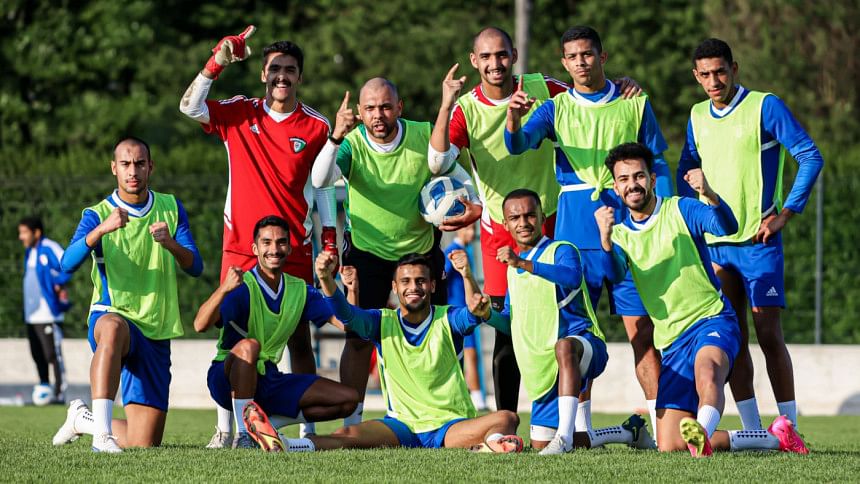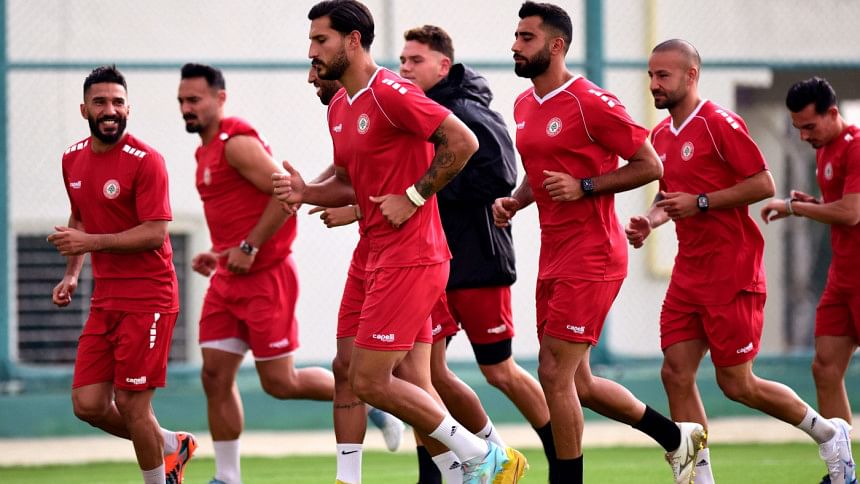Unmatched thrill awaits

The passion and excitement that the South Asian Football Championship and its precursor, the South Asian Games football event, used to evoke has somewhat faded over the last two decades.
While the rising popularity of cricket in South Asian countries has played its part in the receding appeal of football's biggest event, the dominance of India has turned the outcome into somewhat of a foregone conclusion.
India, the biggest country of the region in terms of both area and population, has dominated the event so much over the course of time that it has, at times, had the luxury to field a youth team and still managed to win the trophy. India cannot be blamed if it did take the competition a bit lightly at times, given that it had not much to gain from here, while its ambition lay in being competitive against the top teams of the continent.

The men in blue have won the regional event eight out of 13 times, with Maldives the only other team to have won it multiple times. Bangladesh, Sri Lanka and Afghanistan, the latter no longer part of the regional football bloc, have won it once while three of the permanent members of the South Asian Football Federation (SAFF) -- Pakistan, Nepal and Bhutan -- are still searching for that elusive silverware.
Afghanistan's inclusion in the federation in 2003 added some lustre to the event as the central Asian nation went on to become powerhouse, but their switch to the Central Asian Football Federation after 2015 robbed the championship, once again, of the much-needed competition. Afghanistan's departure also posed a serious challenge to the organisers, who had to draw two groups of unequal number of members, in case all seven members decided to participate, for the apex biennial football competition of the region.

And if any of those seven members decided to opt out or were barred due to a FIFA suspension, for instance Pakistan's absence from 2014 to 2021 and Sri Lanka's in 2023, the organisers had to make do with two groups of three teams each. Needless to say, six teams in two groups made for a poorer competition from both sponsors and spectators' points of view, which is what prompted the sponsors to look for two outsiders this time around.
Inviting teams from outside regional blocs is nothing new in the footballing world. CONMEBOL, being the forerunner in this case, had set the trend of inviting two teams from other confederations since 1993. SAFF, or more precisely the sponsors Sports Partners International, just took a leaf out of CONMEBOL's book and opened its borders by inviting teams from behind the region, with Lebanon and Kuwait -- two members from the West Asian Football Federation -- happily accepting the proposal.
India, the host nation of the upcoming edition and biggest draw for the sponsors, played the facilitator's role in this expansionary policy, something which the SAFF and its sponsors hope to continue with and profit from in future as well.
With Lebanon the top-ranked team (99) ahead of India (101) and Kuwait in third (143), the 14th edition of the SAFF Championship promises to be the most competitive and entertaining one in the history of the competition. And as each of the South Asian teams get at least three games in the group stage with one against a presumably superior team from West Asia, this should be a great learning experience for all six of them regardless of the results.

 For all latest news, follow The Daily Star's Google News channel.
For all latest news, follow The Daily Star's Google News channel. 








Comments